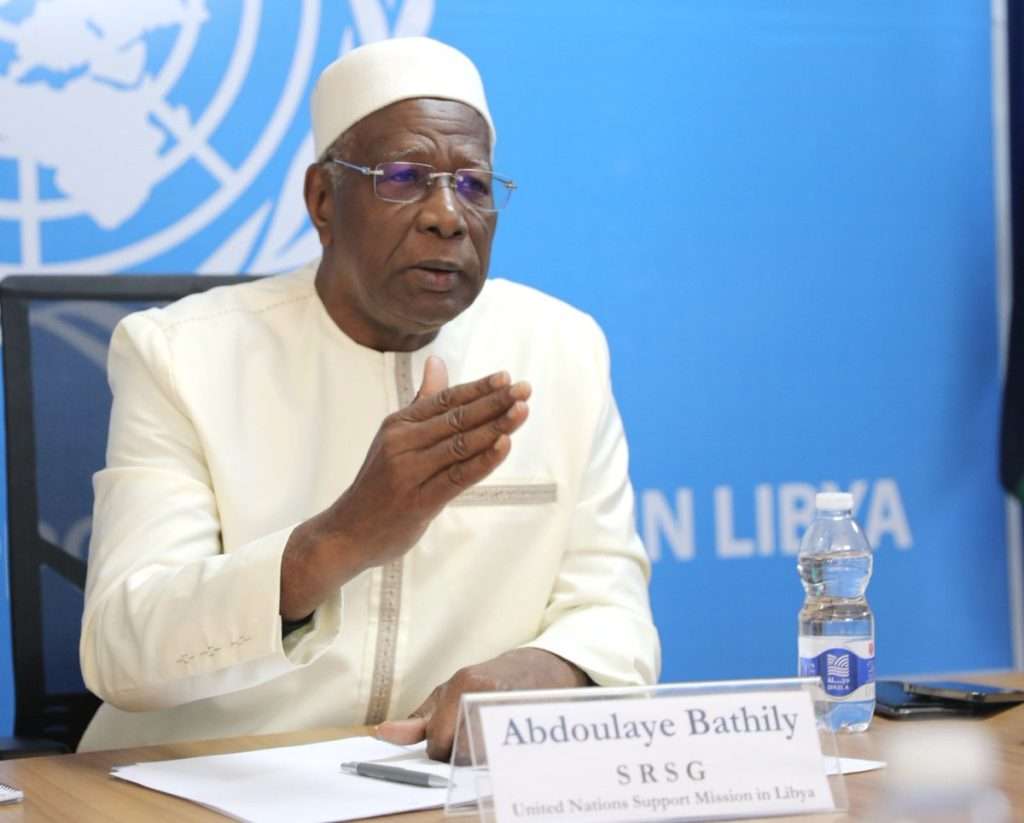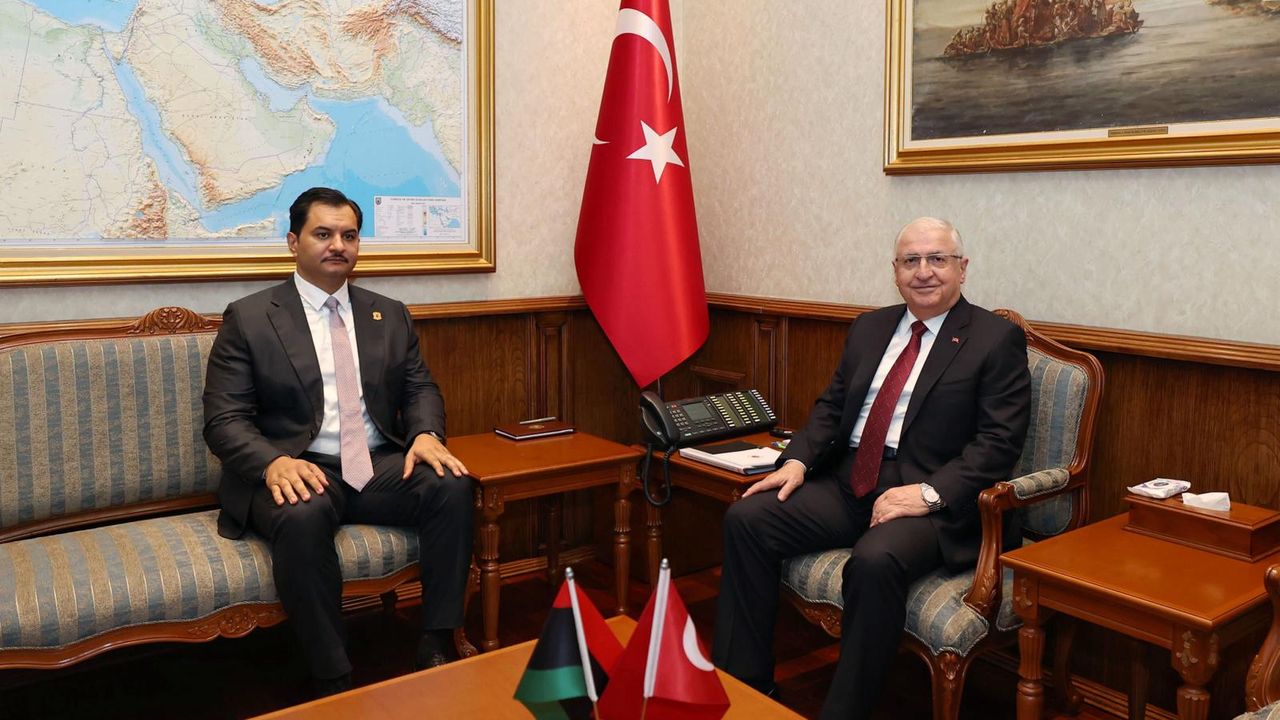UN envoy to Libya despairs about elections status quo

UN envoy, Abdoulaye Bathily commiserates with Libyan citizens as their leaders bicker over electoral rules, according to Arab News.
Special envoy Bathily announced his frustrations with Libya’s political deadlock, lack of peace, and democratic stability during a Security Council meeting on the 16th February.
Consistent political turmoil – such as the end of the Gaddafi’s regime in 2011 and the division of the eastern and western factions leading to civil unrest – and the additional hindrance of fatal floods, has resulted in a ten-year sabbatical of national elections.
READ: Libya groundwater deluge floods coastal homes
Although efforts towards adjusting the country’s constitutional and legal framework were made in March 2023 by the 6+6 Joint Committee – a combination of six officials from the House of Representatives and six officials from the High State Council – a unanimous agreement was never reached.
Bathily highlighted that none of Libya’s primary factions “have made a decisive move from their initial position,” and that “the way forward requires…negotiations and a political settlement between the key institutional stakeholders,” in order for peace and democratic stability to be assured.
On 24th January, a US delegation met with Bathily in Tripoli in attempt to unify Libya’s leadership rivals. The American envoys conversed with eastern Libyan Army Commander, Khalifa Haftar, the evening before the Tripoli talks on the 24th January.
Head of Libya’s western leadership, Prime Minister Hamid Mohammed Dbeibah, revealed in December 2023 that he would not budge from government until an election took place. Meanwhile, Libya’s eastern leaders Commander Haftar and Prime Minister Mohammed Al-Menfi obtain contrasting views of the inclusion of both governments in legislative talks.
The UN envoy further discussed his concerns over the protection of migrants, refugees and asylum seekers in Libya due to the increased population of Sudanese refugees entering the country.
He requested that Libyan authorities “ensure full, unhindered access to all persons in need of protection,” and demanded that Libya and it’s neighbouring countries “end forced expulsions, which are violations of international law.”
Although the political stalemate remains, Bathily lives in hope that Libya’s rival leaders may eventually take a “unified and coordinated approach” towards the electoral legislations, which would finally fulfill the country’s long-awaited pipe dream of peace.
Want to chase the pulse of North Africa?
Subscribe to receive our FREE weekly PDF magazine













